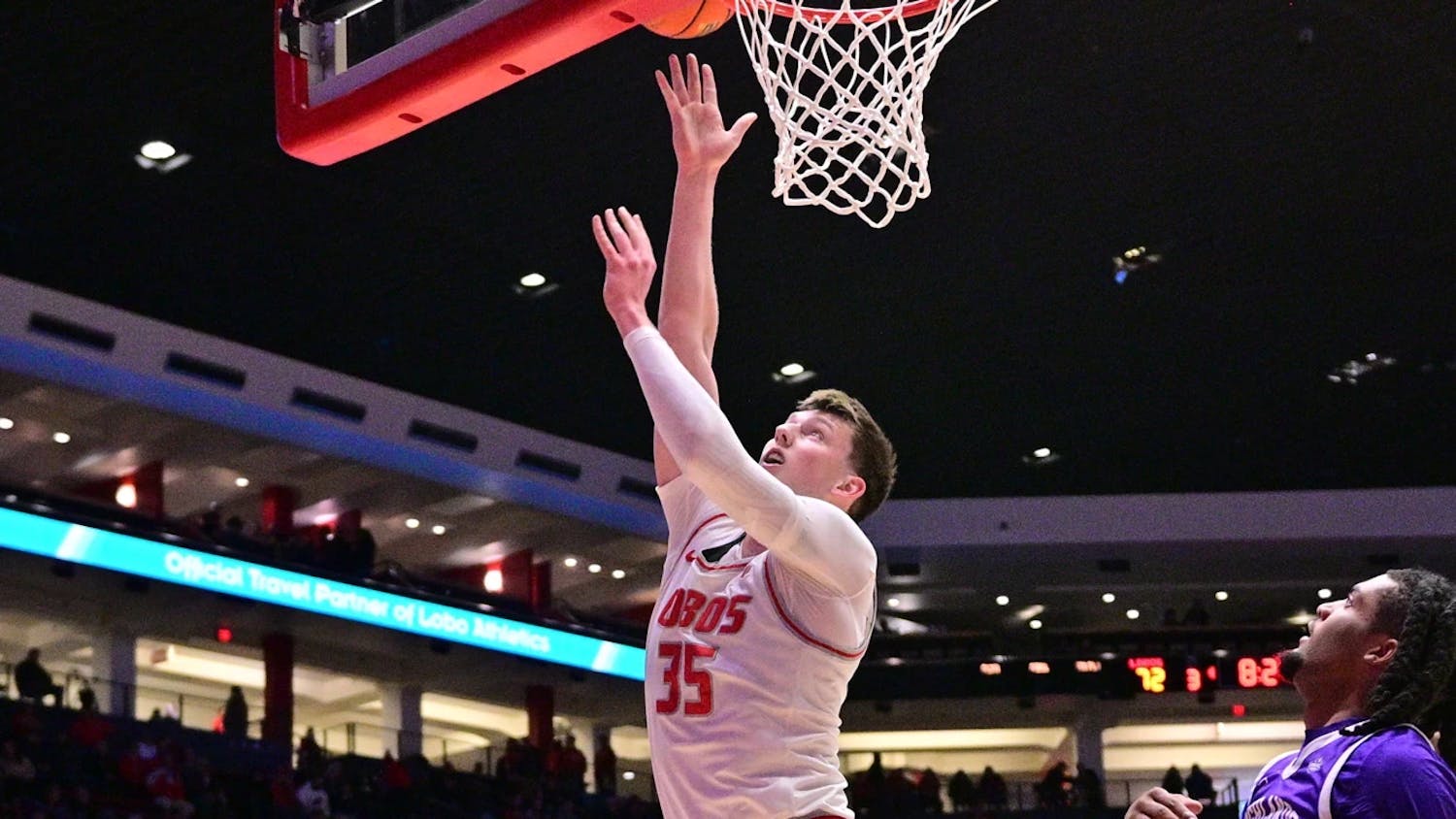When we think of war films we tend to think of “Saving Private Ryan”, “Apocalypse Now,” and “Fury” as examples of great contributions to the genre. “Only the Brave,” a 2006 film by Lane Nishikawa, takes the genre in a different direction.
Nishikawa’s film follows the soldiers of the 100th battalion in the French combat theater of World War II comprised of Japanese-Americans who enlisted from the Japanese internment camps instituted after the bombing of Pearl Harbor.
Nishikawa — who wrote, directed and acted in the film — had a clear focus, and from this he created what amounts to a hidden gem in the war film genre.
With many films in the genre, the focus is on the mission the soldiers must face, giving the film a distinct path. “Only the Brave” only introduces the soldiers’ mission in the second act of the film. By stepping away from the first act introduction of the mission, Nishikawa has created a different form of war film.
The point of the film is the story about the soldiers themselves, their stories and the prejudices they deal with. One might see Nishikawa’s storytelling as a humanist depiction of soldiers through cinema. The film’s cinematography illustrates that idea further with the angles and shots presented throughout.
Most of the shots focus on the faces of the soldiers, not the scene they are in. I feel that Nishikawa purposefully did this to establish rapport between the characters and the audience. Human interaction is based on facial presence, and by incorporating this into the cinematography Nishikawa creates the illusion that we are viewing the events in the movie through another set of eyes.
In terms of the writing, it’s spot on. Nishikawa, who is a novelist and playwright, is a master of dialogue that flows without any awkward hitches that are so common in a lot of recent Hollywood dramas. Nishikawa’s Hawaiian background also comes through as he incorporates character interactions in Hawaiian-English dialect, which to the unfamiliar ear sound like near-gibberish, but it adds depth the characters who use it. This depth of character in “Only the Brave” is another testament to the humanist nature of the film.
The only problem with the film was the score. To be blunt, the music was hit or miss, either making or breaking a scene, with some scores pulling at the heartstrings, and others just evoking a disdainful kitsch vibe.
There were times when I was watching where I could genuinely feel the emotions of the characters through the music being played during the scene, and other times I felt like I was watching a daytime soap opera with a cheesy keyboard soundtrack during an emotional scene.
Despite being a box-office flop during its initial release, “Only the Brave” is a unique entry in a genre saturated with what some could see as simply more of the same. Nishikawa offers something different, while still being emotional and satisfying as the best offerings of the genre are.
Fin Martinez is the culture editor at the Daily Lobo. He can be reached at culture@dailylobo.com or on Twitter @FinMartinez.
Get content from The Daily Lobo delivered to your inbox






